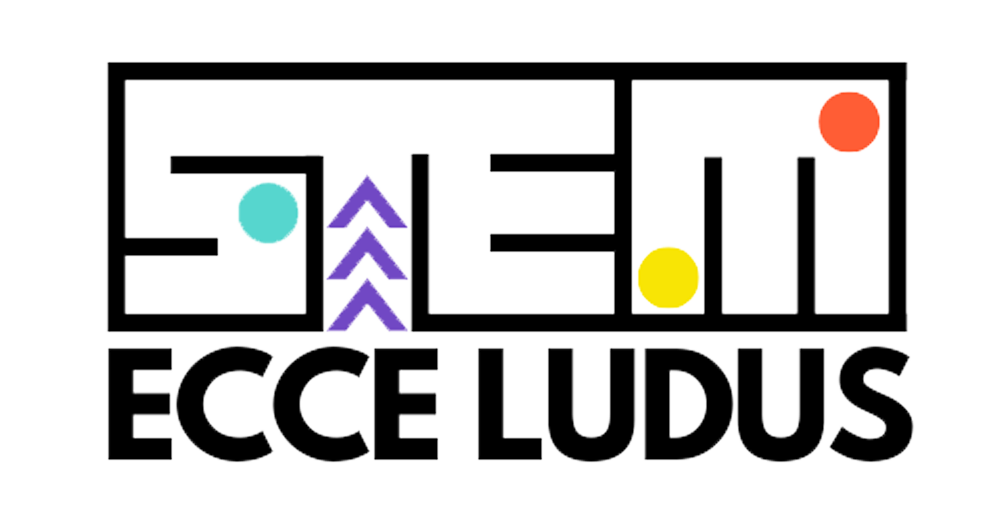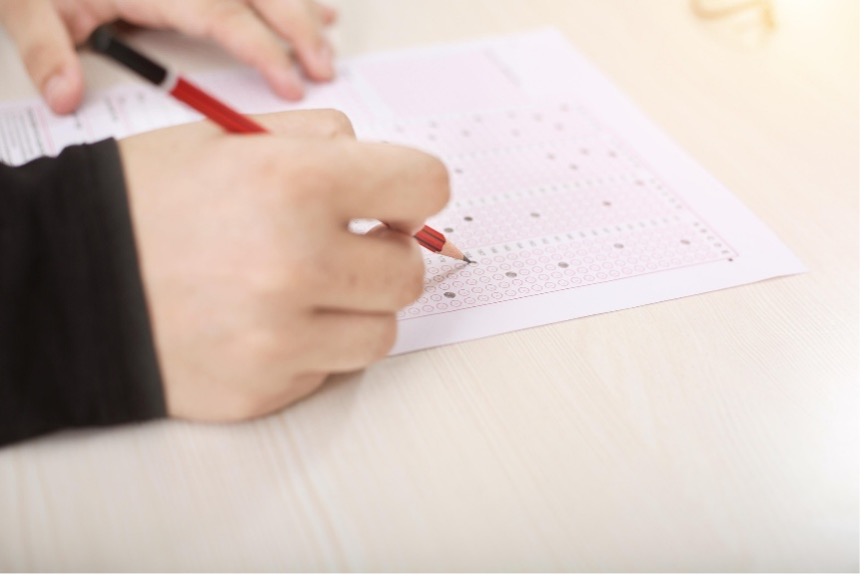Assessing Practical Knowledge Through Games: Challenges and Considerations
The integration of games into educational settings has opened new avenues for experiential learning. However, evaluating the practical knowledge acquired through such interactive mediums presents unique challenges.
Traditional assessment methods often fall short in capturing the depth of understanding and skills developed through game-based learning. Standardised tests may not effectively measure competencies like problem-solving, adaptability, and collaboration, which are frequently applied in gaming environments. This discrepancy underscores the need for alternative evaluation strategies that align more closely with the dynamic nature of games.
Games often allow learners to approach problems in multiple ways, leading to varied learning experiences. This non-linear progression complicates the creation of uniform assessment criteria. Educators must consider flexible evaluation frameworks that can accommodate diverse learning trajectories while still providing meaningful feedback.
While digital games can track a plethora of user interactions, translating this data into actionable insights is not straightforward. Determining which in-game behaviours correlate with specific learning outcomes requires sophisticated analytical tools and a deep understanding of both the game’s mechanics and the educational objectives.
Embedding assessments within games must be done thoughtfully to maintain engagement. Overt testing elements can disrupt the immersive experience, potentially diminishing the educational value. Striking the right balance between seamless gameplay and effective evaluation is crucial for the success of game-based learning initiatives.
Assessing practical knowledge gained through games is a multifaceted endeavour that challenges conventional evaluation methods. To harness the full potential of game-based learning, educators and researchers must develop innovative assessment strategies that reflect the interactive and complex nature of games.
Source:
- Udeozor, C. et al. (2024). “Measuring learning in digital games: Applying a game‐based assessment framework.” British Journal of Educational Technology. (https://bera-journals.onlinelibrary.wiley.com/doi/full/10.1111/bjet.13407)
- Gomez, M. J., Ruipérez-Valiente, J. A., & García Clemente, F. J. (2022). “A Systematic Literature Review of Game-based Assessment Studies: Trends and Challenges.” arXiv preprint. (https://arxiv.org/abs/2207.07369)
- All, A., Nunez Castellar, E. P., & Van Looy, J. (2014). “Measuring Effectiveness in Digital Game-Based Learning: A Methodological Review.” International Journal of Serious Games. (https://journal.seriousgamessociety.org/~serious/index.php/IJSG/article/view/18)
- Yaman, H., Sousa, C., Neves, P. P., & Luz, F. (2022). “Implementation of Game-Based Learning in Educational Contexts: Challenges and Intervention Strategies.” Electronic Journal of e-Learning. (https://academic-publishing.org/index.php/ejel/article/view/3480)
- Learnexus. “Game-Based Learning Assessment Demystified: Effective Evaluation Methods.” (https://learnexus.com/blog/game-based-learning-evaluation-methods/)
- Schooling Stories (October 20, 2024). “Navigating the Challenges in Game-Based Learning Effectively”. (https://schoolingstories.com/challenges-in-game-based-learning/)





